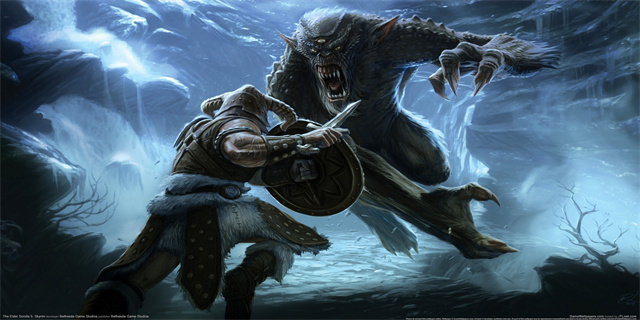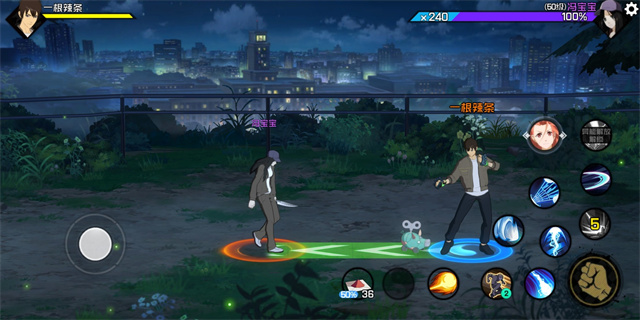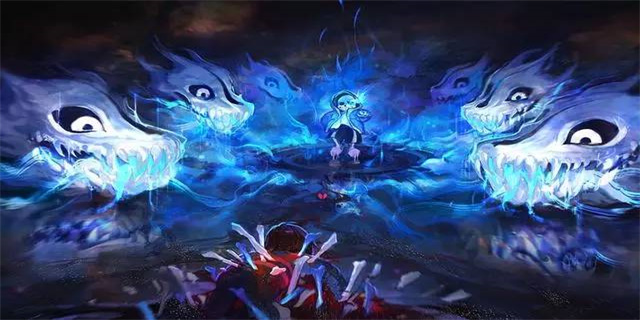Death Note: An Epitaph for Justice
Introduction:
In this thought-provoking article, we delve into the realm of Death Note, the American adaptation of the critically acclaimed Japanese manga. As we explore the captivating world of justice, manipulation, and morality, we dive into the intricacies of this thrilling tale that has captivated audiences worldwide.
The Power of the Death Note:

At the heart of Death Note lies an instrument of unparalleled power – the Death Note itself. With this ominous notebook, its owner can cause the death of any person whose name is written within its pages. This premise sets the stage for an enthralling battle of wits between two individuals: Light Yagami, a brilliant student, and L, a reclusive genius detective.
The Ethical Dilemma:

As the story unfolds, we witness Light's descent into the depths of moral ambiguity. Initially driven by a desire to cleanse the world of evil, Light soon succumbs to the seductive allure of the Death Note's authority. This shift in narrative presents a fascinating ethical dilemma – does the end justify the means? Is it acceptable to eradicate criminals, even if it means playing God and becoming a criminal oneself? Death Note forces viewers to confront these difficult questions.

Justice and Morality:
As the battle of wits between Light and L intensifies, the concept of justice takes center stage. Both characters believe they are fighting for justice, yet their methods prove to be vastly different. Light embraces a utilitarian approach, prioritizing the greater good and sacrificing individual lives for the sake of a crime-free society. L, on the other hand, adheres to a more traditional moral compass, valuing due process and the preservation of innocent lives.
This clash between Light and L highlights the complexities of justice and morality, challenging the audience to contemplate the consequences of absolute power and the lengths one is willing to go to achieve what they perceive as justice.
The Psychological Battle:
Beyond the philosophical debates, Death Note also delves into the psychological realm, exploring the psyche of the characters and their motivations. Light's transformation from an idealistic young man to a power-hungry manipulator raises intriguing questions about the nature of human ambition and the corrupting influence of power. On the other hand, L's enigmatic personality and unorthodox methods invite us to ponder the price of intellectual brilliance and the toll it takes on the human mind.
The complex interplay between Light and L creates a captivating narrative, one that keeps viewers on the edge of their seats and prompts them to reflect on their own values and beliefs.
Conclusion:
Death Note, in both its manga and American adaptation, offers a profound exploration of justice, morality, and the human psyche. It challenges conventional notions of right and wrong, leaving audiences pondering the blurred lines between heroism and villainy. As viewers become entangled in the intricate web of moral ambiguity, Death Note serves as a chilling reminder that the pursuit of justice can be a treacherous path, where the ends may not always justify the means.
This adaptation of Death Note presents a reminder that sometimes justice can be a double-edged sword – an epitaph for those who succumb to the allure of absolute power.
















